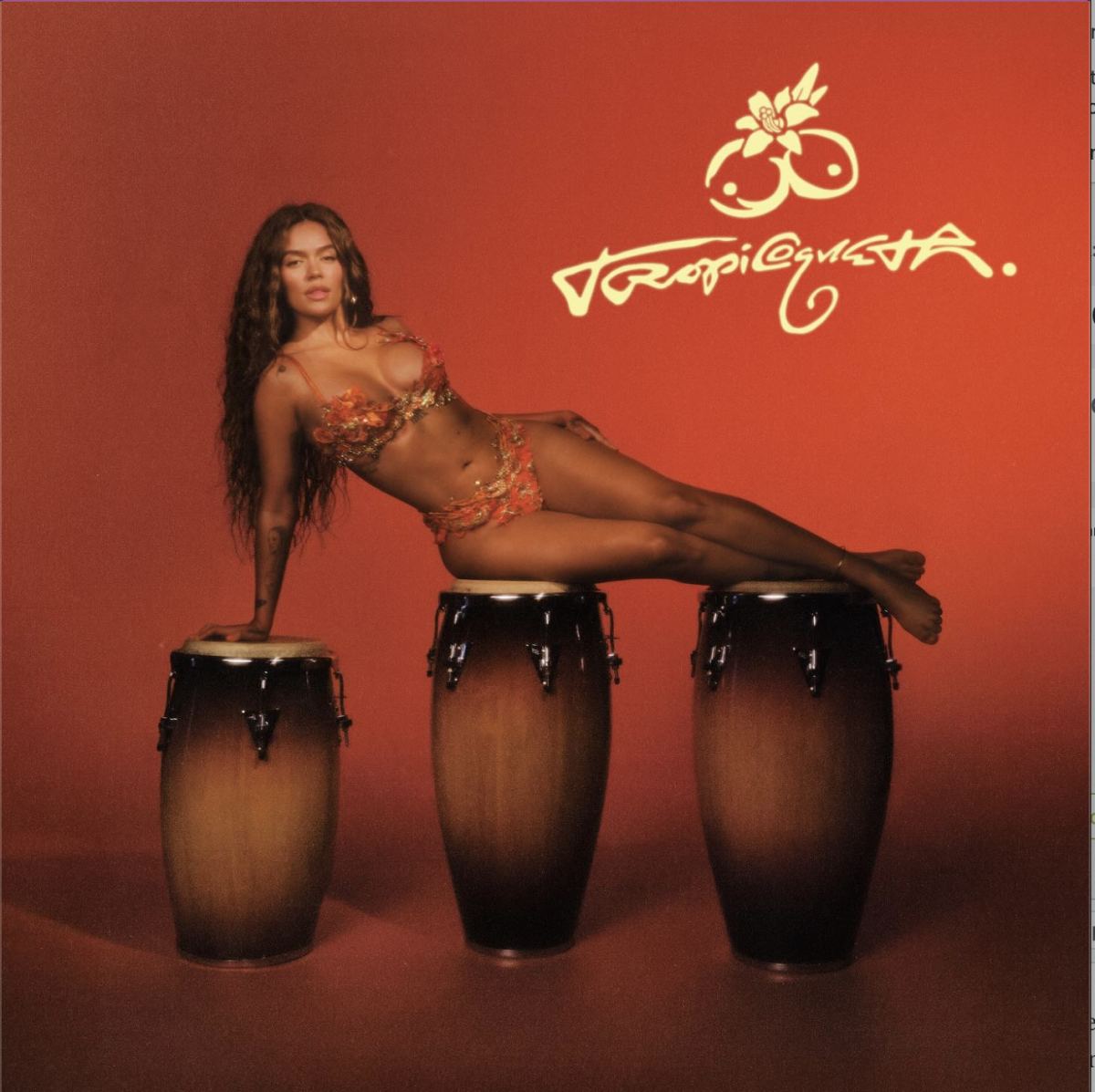On Saturday, Oct. 15, The Multicultural Center and L. Arnold Productions will present an encore performance of “For Colored Girls Who Have Considered Suicide When the Rainbow is Enuf” in Pfleeger Concert Hall.
The show features seven nameless African-American women who tell their stories using “choreopoem,” a type of performance that combines poetry, music and movement.
“The central characters are African American women who are dealing with all kinds of issues: soulful issues, personal issues and romantic issues, which are still prevalent with us today,” explained John T. Mills, the assistant director of multicultural and inclusion programs in the Office of Social Justice, Inclusion and Conflict Resolution.
The author of the play, Ntozake Shange, originally wrote the monologues as separate poems in 1974. Since her writing style resembles how real women speak, she began to adapt her poems for the stage.
“For Colored Girls…” eventually opened on Broadway in 1976, marking the second time a play written by a black woman reached Broadway, the first one being Lorraine Hansberry’s “A Raisin in the Sun” in 1959.
The 1976 production of “For Colored Girls…” received a Tony Award nomination for Best Play. In 2010, Shange updated her play by adding the poem “Positive,” referencing the Iraq War and PTSD.
“For Colored Girls…,” previously performed at Rowan this past February, was brought back due to the positive responses of audience members. Mills is excited to give Rowan students and surrounding community members an experience with this genre of theater.
“Urban theater is something that’s not really major in South Jersey,” Mills said. “This is an opportunity to provide the public with that experience.”
The production, directed by Lee Harris, seeks to remind audience members that all are not equal in today’s society.
“Although this was written in the 1970s, some of the oppressions that still exists, especially for African American women, are still here with us today,” Mills said. “It might be in different forms, but that still should tell people we need to address some things.”
Mills hopes to awaken audience members and encourage them to get involved with people personally, not just through a screen. He wants them to recognize the hardships people are still experiencing and the battles against oppression people are still fighting to win.
One campaign that comes to Mills’ mind is the Black Lives Matter movement. This group works to “(re)build the black liberation movement” and bring attention to all the areas where black people are left powerless due to ingrained racism in America.
“Have things gotten better? For some people, yes,” Mills said. “But there are still those issues out there that need to be dealt with. With everything that goes on today with the distractions and the media, [it is important] for us to not lose connections with other people’s oppressions.”
For comments/questions about this story, email [email protected] or tweet @TheWhitOnline.
























































































































































!["Working with [Dr. Lynch] is always a learning experience for me. She is a treasure,” said Thomas. - Staff Writer / Kacie Scibilia](https://thewhitonline.com/wp-content/uploads/2025/04/choir-1-1200x694.jpg)








































